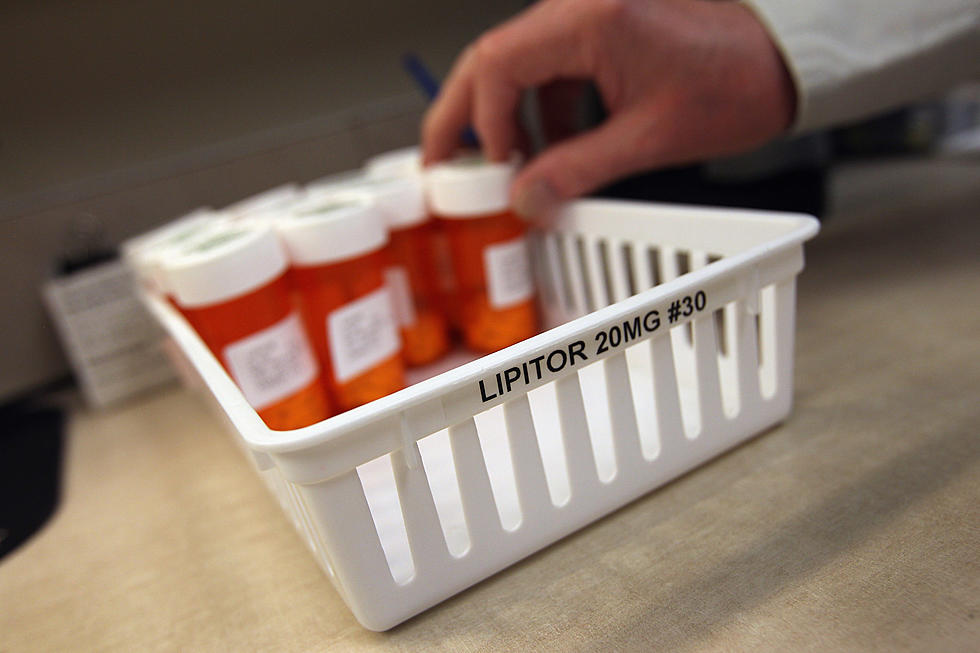
Federal Judge Rules Against Wyoming Roman Catholic Organizations
A federal judge has denied the request for a preliminary injunction by Catholic groups in Wyoming to block the implementation of parts of the Patient Protection and Affordable Care Act.
U.S. District Judge Scott Skavdahl wrote Tuesday that the Catholic groups are wrong to believe they are forced to contract with a third-party insurance provider of contraceptive products and services.
"Plaintiffs have the right to be exempted from participating in, providing, or paying for the costs associated with the objectionable contraceptive coverage based on their sincere religious beliefs, but they have no right to prevent a third party (who does not hold those same religious objections) from meeting the ACA's requirements," he wrote.
The plaintiffs are the Diocese of Cheyenne, Catholic Charities of Wyoming, St. Joseph's Children's Home in Torrington, St. Anthony's Tri-Parish School in Casper, John Paul II Catholic School in Gillette, and the Wyoming Catholic College in Lander. (The diocese offers its employees a health insurance plan through a self-insurance trust, and the college offers coverage through a self-funded plan provided by the Christian Brothers Employee Benefit Trust.)
Under the ACA, the Catholic Plaintiffs claimed they have four undesirable options, Skavdahl wrote. They could have a health insurance plan to offer contraceptive coverage, submit a "self-certification form" to take advantage of an accommodation that would eliminate a burden on their beliefs, refuse to comply with the ACA and face substantial fines, or cease offering health insurance.
The "self-certification form" was central to this case, Skavdahl wrote.
On May 7, the judge held a motion hearing in which Catholic groups' attorneys Paul Hickey and David Raimer argued the Religious Freedom Restoration Act (RFRA) of 1993 has a provision to not force religious groups to do something against their own teachings and by extension that would include signing the self-certification form.
U.S. Attorney Julie Saltman responded that this understanding would logically lead to someone concluding that anything the government does would cause a “substantial burden,” and that person would be exempt from a government requirement that is for the common good. The Catholic arguments in this case, Saltman said, would essentially thwart the common good of the government’s ability to enable employees and families obtain access to health care.
Skavdahl disagreed with the Catholic attorneys.
"Although the TPA's activities may deeply insult Plaintiff's genuine religious beliefs, the TPA's activities in providing contraceptive coverage cannot be said to hamper Plaintiff's religious exercise," Skavdahl wrote.
Completing the two-page "self-certification form" does not place a substantial burden on the Catholic groups' religious exercise, Skavdahl wrote. "The burden is placed on the TPA to comply with the ACA."
The Plaintiffs did not meet the stringent requirements for the court to issue a preliminary injunction, either, he wrote.
For a judge to issue a preliminary injunction, Skavdahl wrote, the plaintiffs must show they would succeed on the merits of a legal case and if they would suffer irreparable harm without the injunction.
"Plaintiffs have not established a likelihood of success on the merits or a likelihood of irreparable injury on their RFRA claim because they have not shown the ACA's accommodation to be a substantial burden upon their religious exercise," he wrote.
More From K2 Radio








